Lab teams & Core units
Genesis of cancer
This program covers the molecular aspects of cancers occurring beyond the bone marrow, blood or lymphoid tissues. This will include most relevant solid cancers such as breast, lung and liver cancer and study aspects that are relevant for all cancers but more accessible in solid cancers, such as inflammatory processes. The program also covers the study of cancer stroma and non-cancerous diseases sharing molecular causes and physiologic aspects with cancer.

Cancer Epigenetics
Manel Esteller
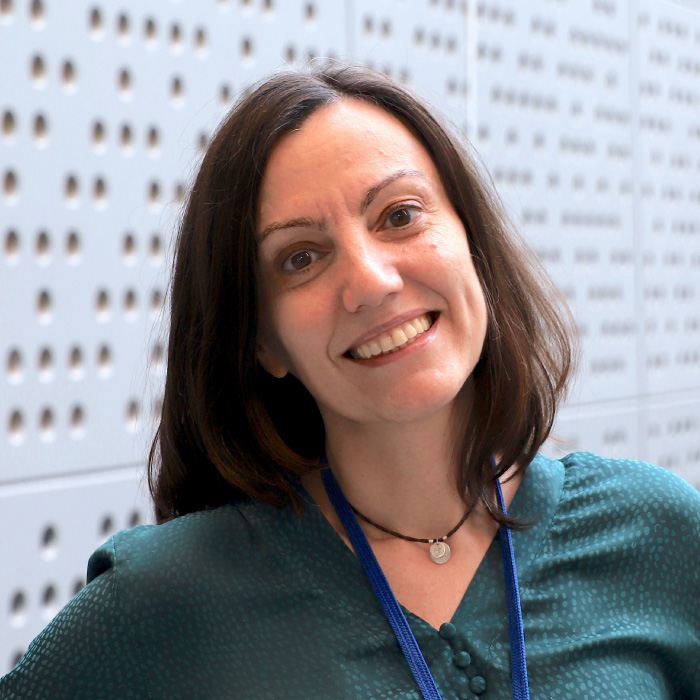
Cancer Genetics
Montse Sánchez-Céspedes
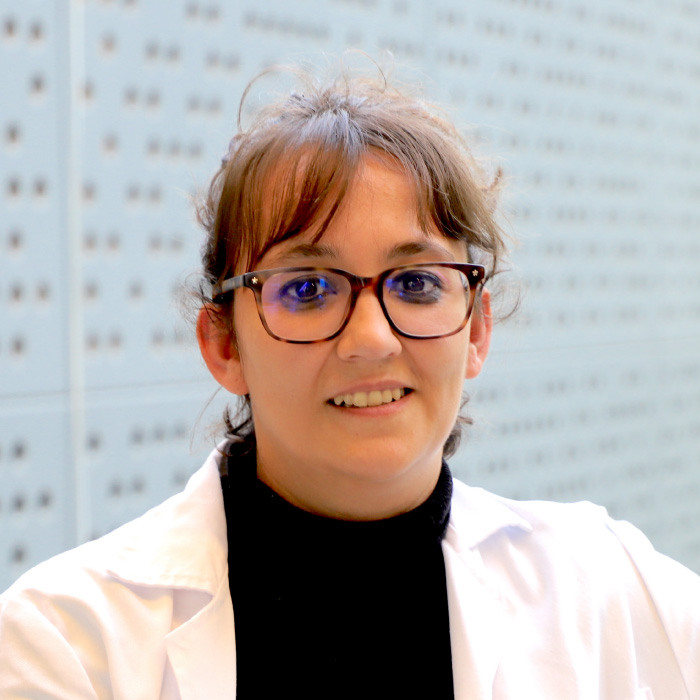
Cancer Heterogeneity and Hierarchies
Verónica Rodilla

Cancer Immunogenomics
Eduard Porta
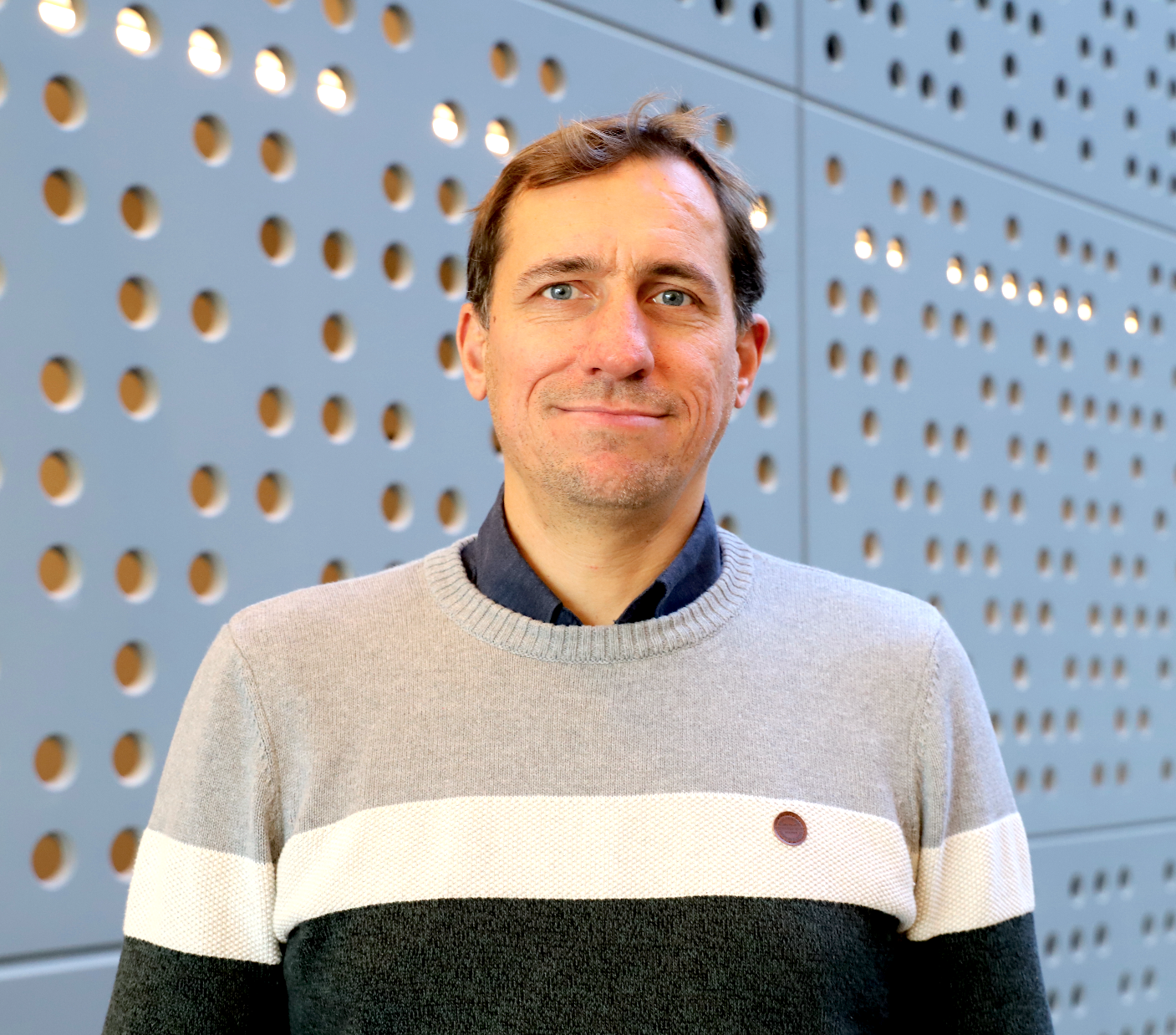
Cancer Metabolism
Lucas Pontel

Chromatin Biology Laboratory
Àlex Vaquero

Endothelial Pathobiology And Microenvironment
Mariona Graupera

Epigenetics and Immune Disease
Esteban Ballestar

Immunohematology and Glycobiology
Fumiichiro Yamamoto
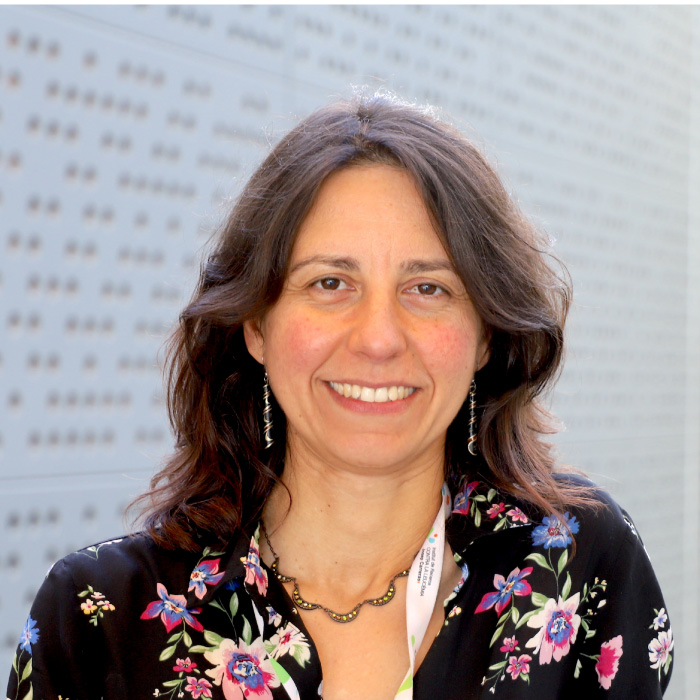
Regulatory Genomics
Tanya Vavouri
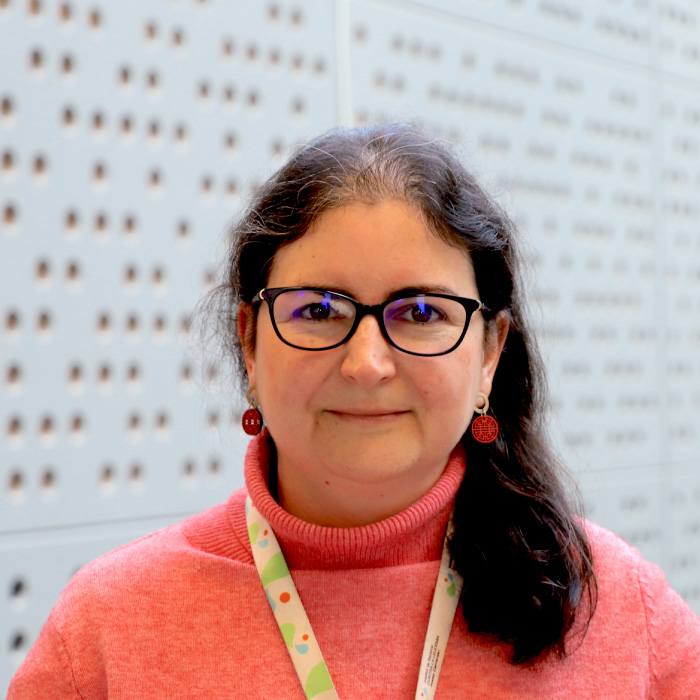
Regulatory RNA And Chromatin
Sònia Guil
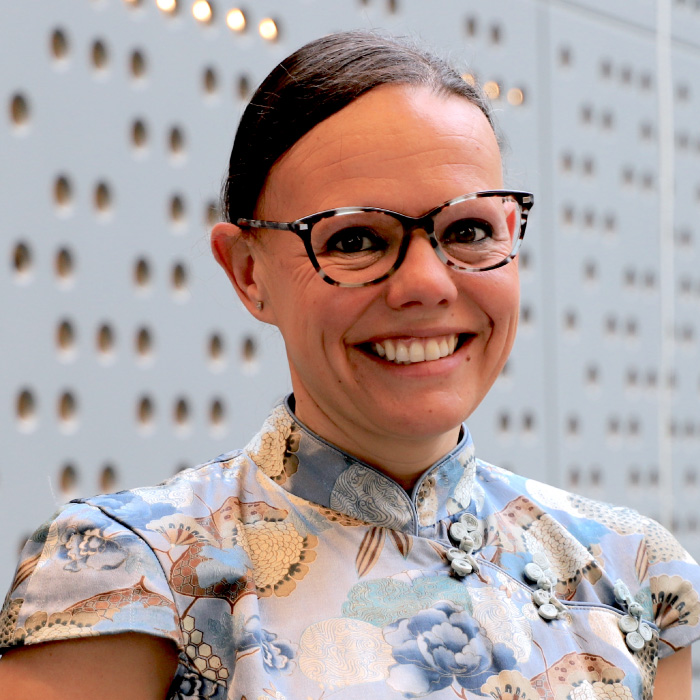
Junior Group Leader
Maria Berdasco
Lymphoid malignancies
This program covers all malignancies emerging from the lymphoid lineage and its tissues including acute lymphoblastic leukemia, lymphoma and myeloma. For solid tissues, we will leverage the power of spatial transcriptomics to dissect the interactions of malignant cells with their microenvironment.
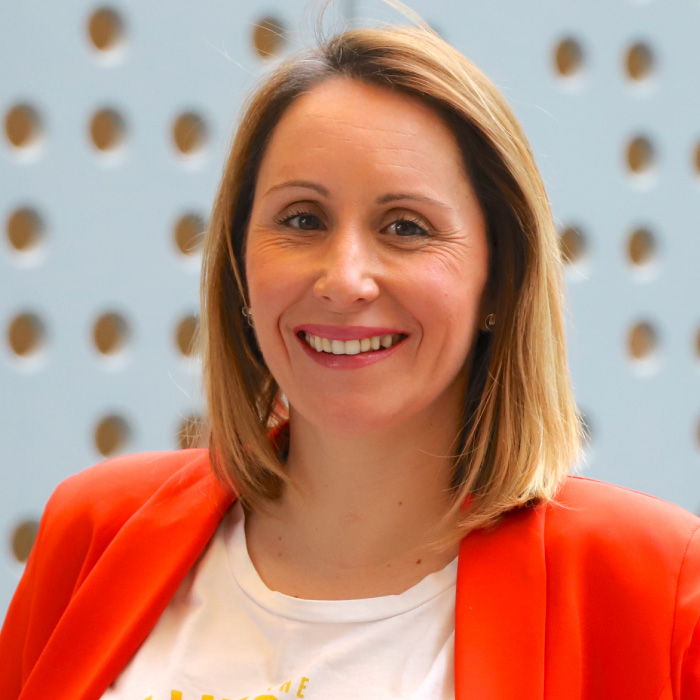
3D Chromatin Organization
Biola M. Javierre
Fellow awarded, no longer eligible/p>

Cellular Immunotherapy and Gene Therapy
Javier Briones

Cellular Systems Genomics
Elisabetta Mereu
Fellow awarded, no longer eligible
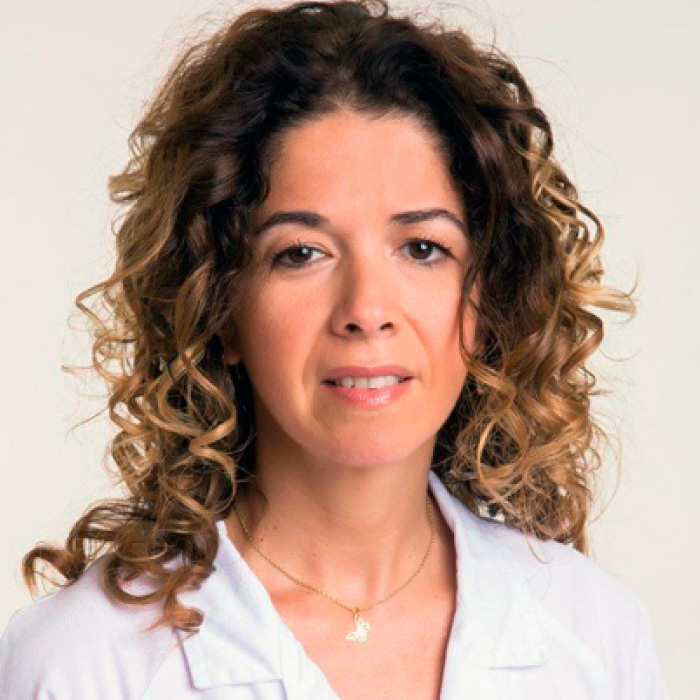
Chronic Lymphocytic Leukemia
Carolina Moreno
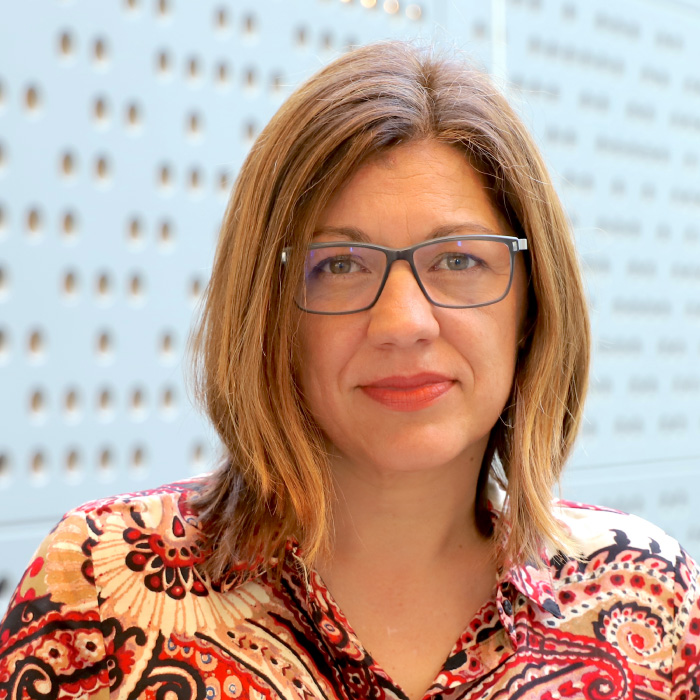
Lymphocyte Development And Disease
Maribel Parra
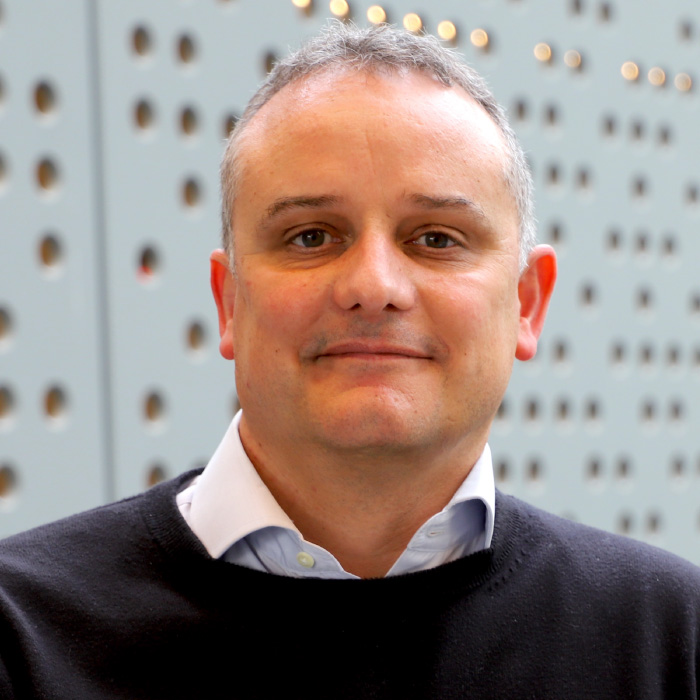
Lymphoma Translational Group
Gaël Roué
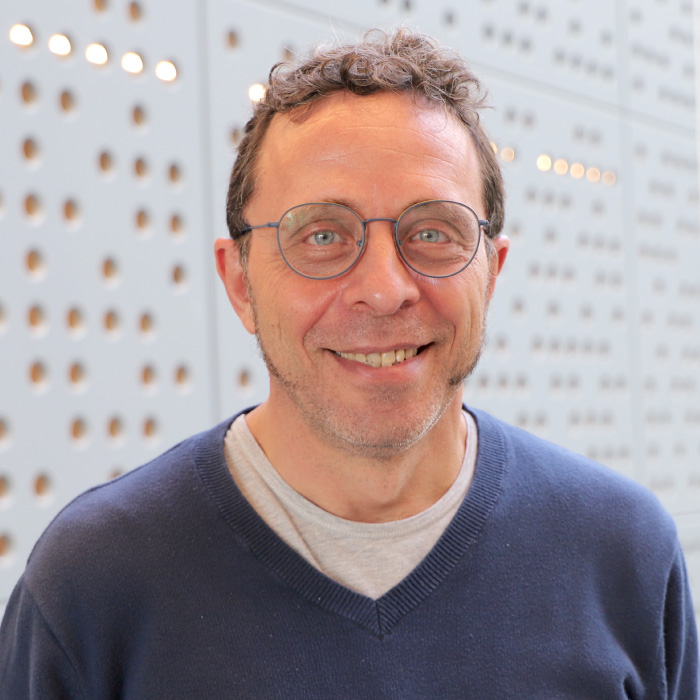
Multiple Myeloma
Albert Oriol

Nuclear Architecture in Leukemia
Gregoire Stik
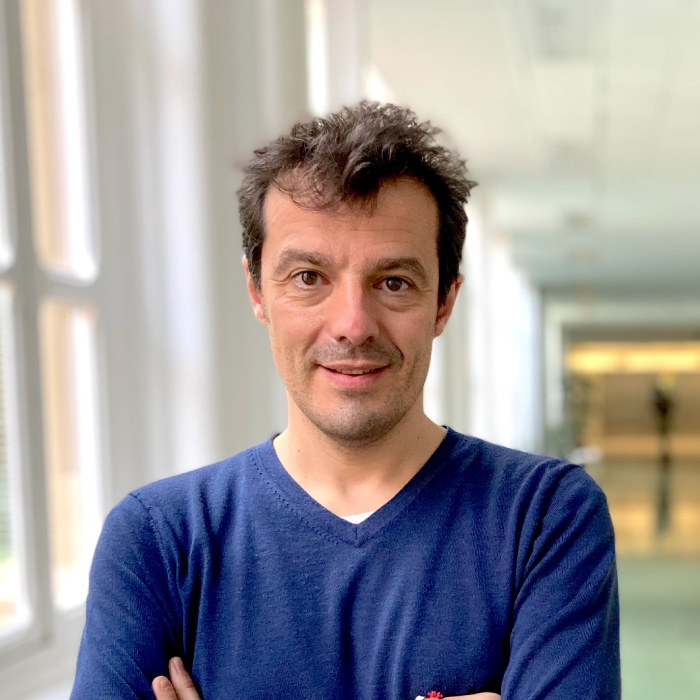
Stem Cell Biology, Developmental Leukemia and Immunotherapy
Pablo Menéndez
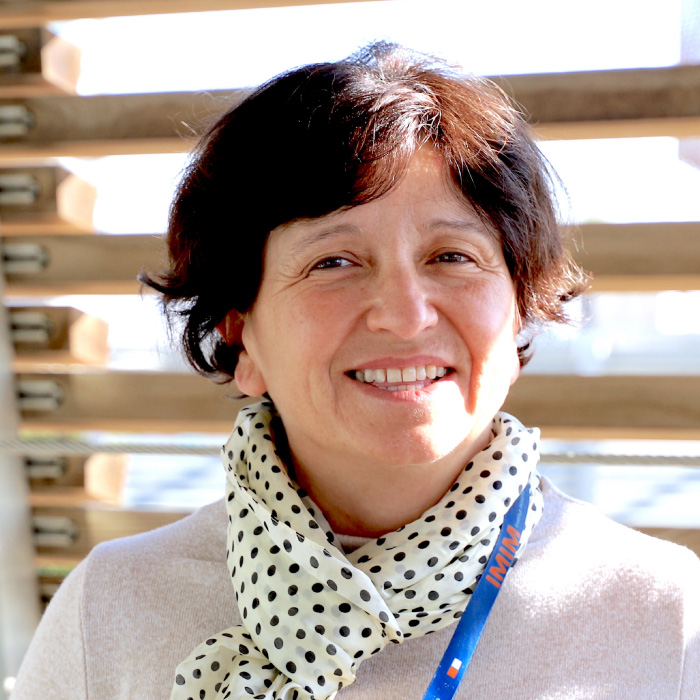
Stem Cells and Cancer
Anna Bigas
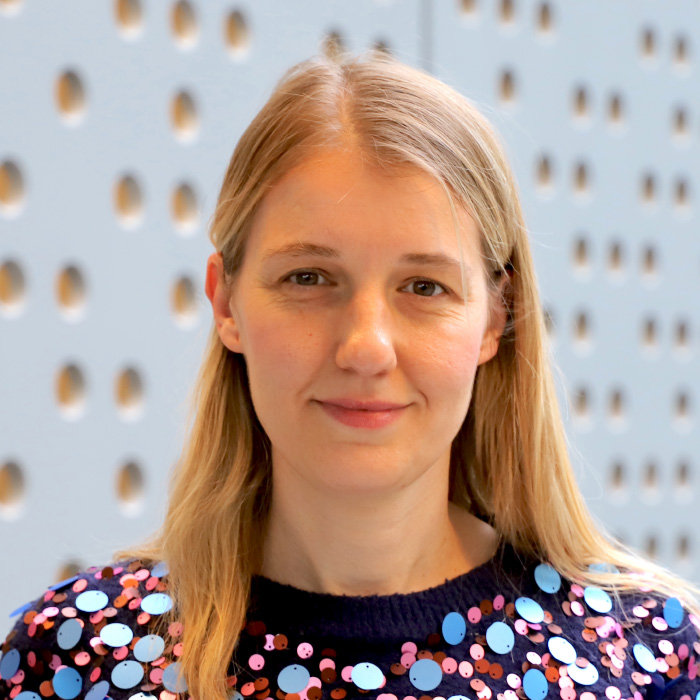
T-Cell Lymphoma
Laura Mondragón

Senior group leader
Josep Maria Riber
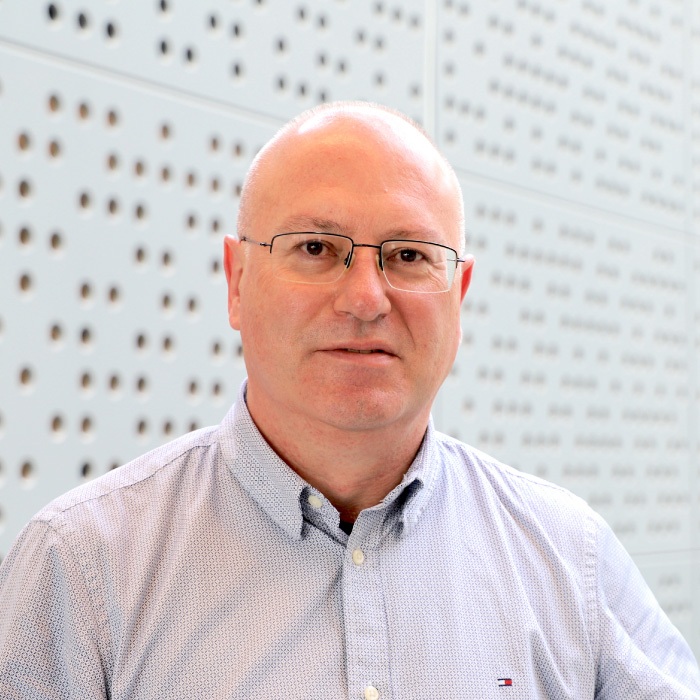
Senior group leader
Tomás Navarro

Senior group leader
Salvador Macip
Myeloid neoplasms
This program covers acute myeloid leukemias as well as other myeloid malignancies originating in the bone marrow such as myelodysplastic syndromes and myeloproliferative neoplasms. We will study these diseases in the context of bone marrow as a complex tissue and consider clonal evolution as an early step.

Chromatin, Metabolism and Cell Fate
Marcus Buschbeck

Descriptive and Analytical Epidemiology of Cancer
Rafael Marcos-Gragera

Epigenetic Control of Hematopoiesis
José Luís Sardina

Myeloid Neoplasms
Blanca Xicoy & Lurdes Zamora

Hematological Diagnosis
Josep Nomdedéu
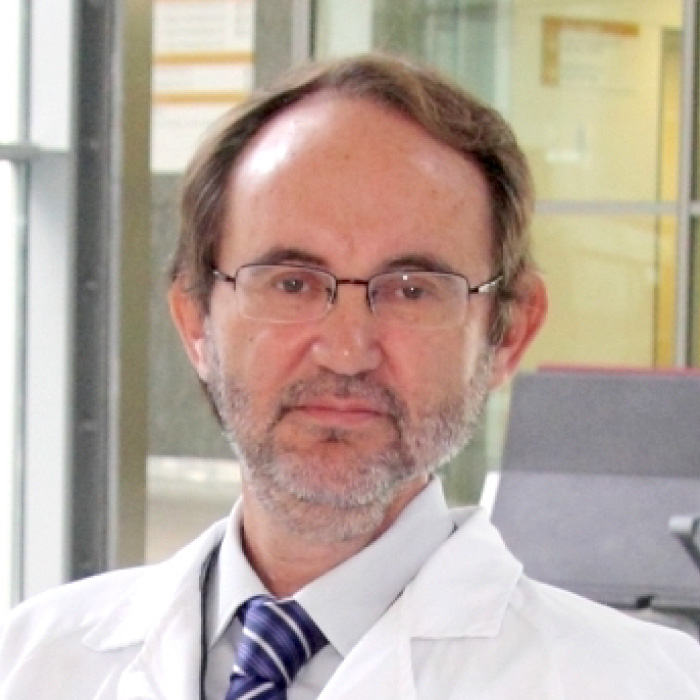
Hematological Diseases, Transplant and Cell Therapy
Jordi Sierra

Leukemia and Immuno-Oncology
Laura Belver
Fellow awarded, no longer eligible

Myeloid Neoplasms
Jordi Esteve
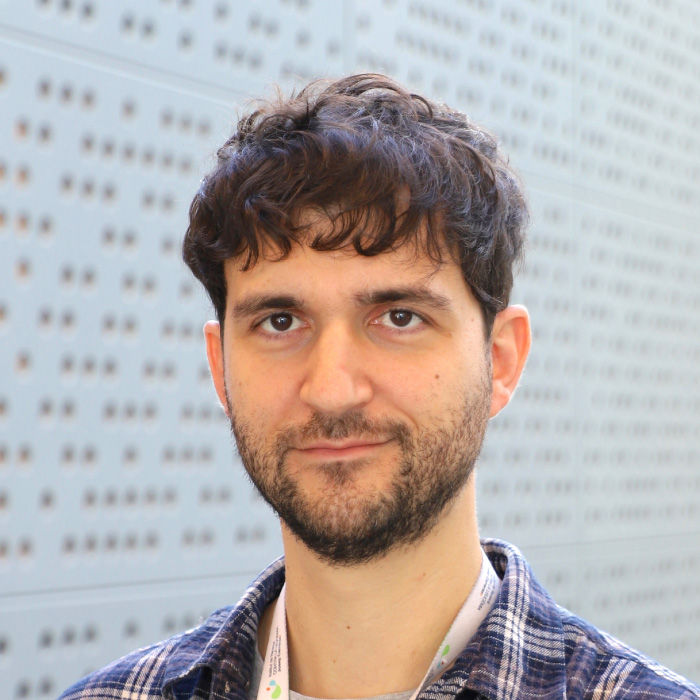
Transcriptional Dynamics in Leukemia
Sergi Cuartero
Fellow awarded, no longer eligible
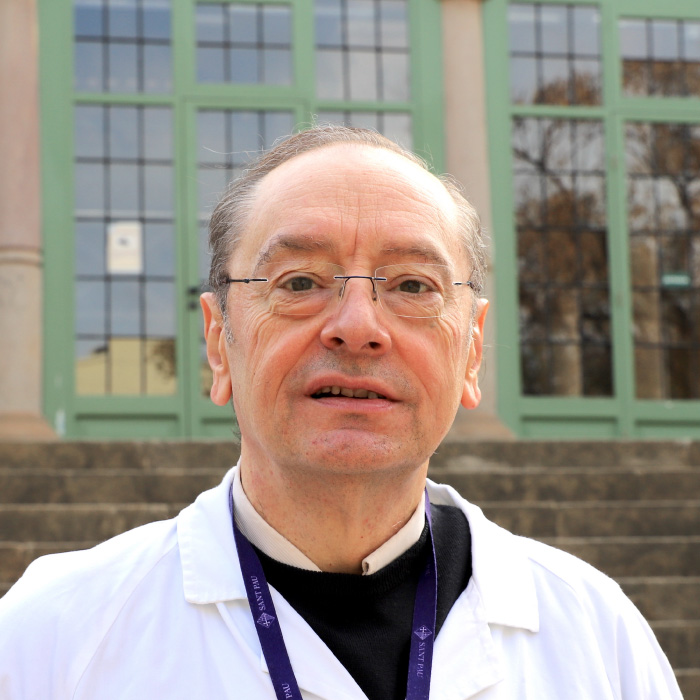
Senior group leader
Ramon Mangues

Senior group leader
Francesc Sole
Transplantation and immunotherapy
This program covers all aspects of hematopoietic stem cell transplantation including the immunological complications of allogenic transplants such as graft versus host disease. The program further addresses all aspects of immunotherapy including cell-based therapies (NK, MSC, CAR-T) and immune check point inhibitors.

Barcelona Endothelium Team
Enric Carreras
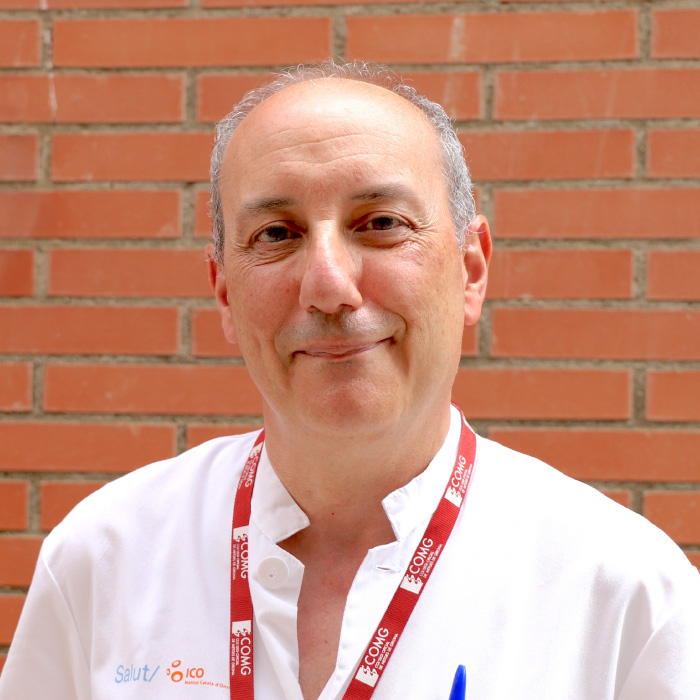
Senior group leader
David Gallardo

Senior group leader
Álvaro Urbano - Ispizua

Laboratory for Molecular Cell Biology (LMCB)
Vincenzo Calvanese
Core Units

Sample Handling Circuit Unit
Francesc Sole

Microarrays Unit
Maria Del Mar Mallo

Cytogenetics Unit
Isabel Granada
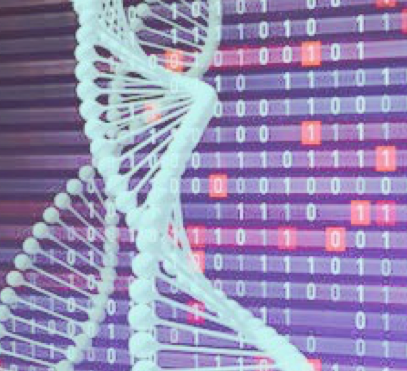
Bioinformatics Unit
Angelika Merkel
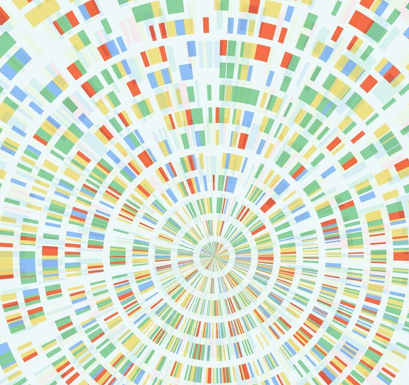
Genomics Unit
Raquel Pluvinet

Single Cell Unit
Caterina Mata
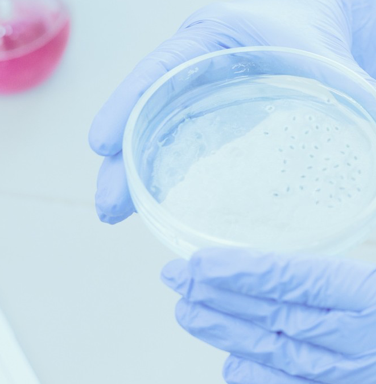
Cell Immortalization
Carolina De La Torre

Proteomics Unit
Carolina De La Torre
Fellow awarded, no longer eligible
Open Call Documents
Application Form
Redress Request template
Supervisor’s support letter template
Project proposal template
Guide for external evaluators
Guide for applicants
Testimonial insights
Berta
Gerardo
Lucía
Remi
Iannis
